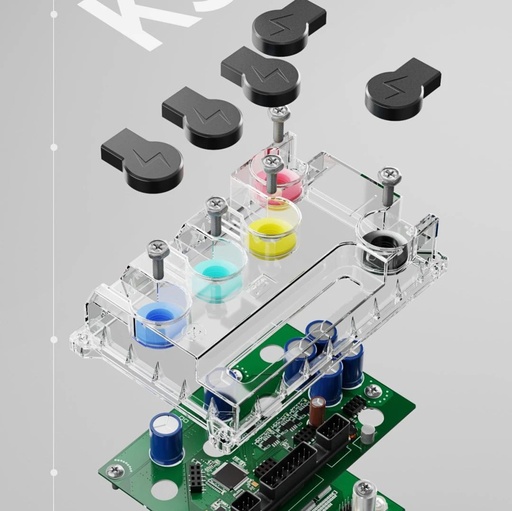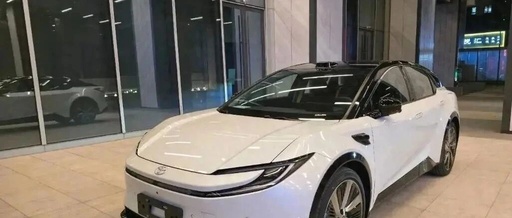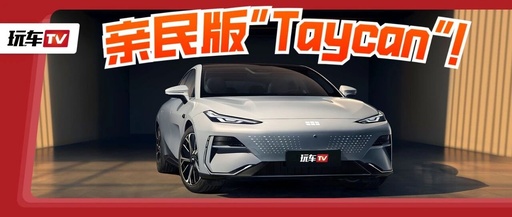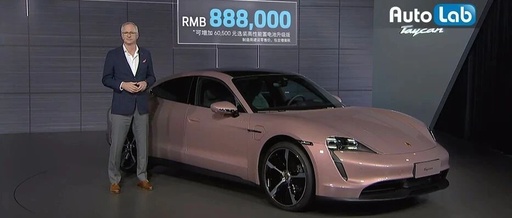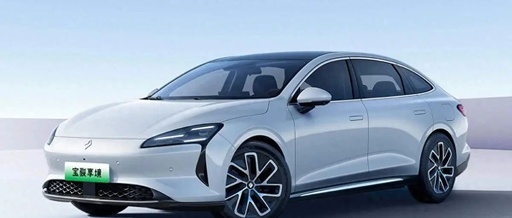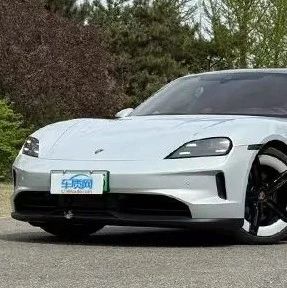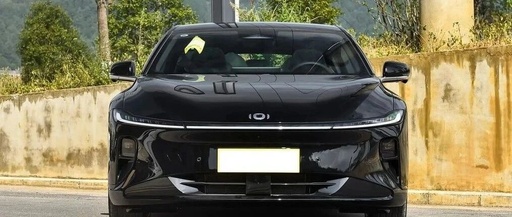Tian Neng Jian Controller K300 Technical Specification
Tian Neng Jian Controller K300 Technical Specification Parameter Information: Brand Shenzhen Tian Neng Jian Electric Technology Co., Ltd. Model K300 Parameters Bus Current 100A Phase Current 300A Connection Method Built-in Bluetooth Mini Program Smart Debugging Place of Origin Shenzhen, China Manufacturer Shenzhen Tian Neng Jian Electric Technology Co., Ltd. Color Transparent Exploration Version Ultimate Matte … Read more
